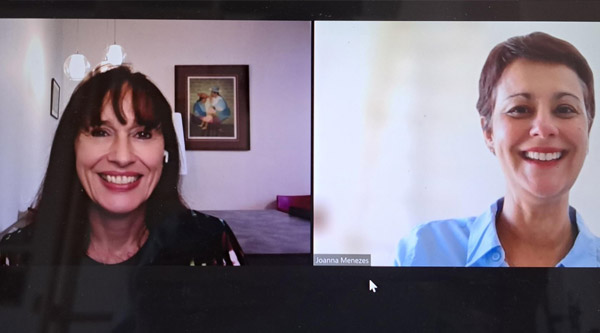With globalisation and the international mobility of employees, many French workers are leaving to work abroad: they are known as expatriates. But the opposite phenomenon is also occurring: more and more foreign employees are coming to work in France. These "impatriates", as they are called, have exactly the same motivations: to develop professionally, to travel, to discover another culture... Whether they be detached or expatriated from a large multinational, moving is simply part of their job.
For companies based in France, this impatriation is seen as a real opportunity to increase their competitiveness. It allows them, for example, to recruit new "talents" which they sometimes lack in France, to bring in foreign employees to train them at the French headquarters or to create multicultural teams, which are often more dynamic and creative.
The majority of impatriates are executives and come from Europe
But who are these foreigners who come to work in France? First of all, they only represent a minority of employees. And contrary to certain preconceived ideas, 60% are executives and 55% come from Europe. The rest come from North America (22%) and Asia (12%) (source: 2018 survey by www.paris21.tv ). In the majority of cases, these impatriates are men over the age of 40 who come to France with their families and stay for several years. Fifty-two percent of them live in Paris or the Paris region.
When they settle in France, companies are generally there to help them with the logistics (moving, etc.) or administration (visas, etc.). But less so when it comes to helping them or their partners integrate into this new environment. All of them are therefore faced with the same difficulties as expatriates: How can I adapt to the new culture? How can I help my partner find a job ?
Arriving in France not always a good experience...
What better way than a collective intelligence exercise like the World Café to gather these impatriates' testimonials ? In June 2019, Cala Consulting brought together some thirty people of 20 different nationalities.
How did they feel when they first arrived in France? If the quality of life, the beauty of the landscape and the many cultural opportunities are mentioned as positive elements, the most difficult things for them are the practical difficulties with the French administration (social security, taxes, etc.) and their relationship with their French colleagues, whom they consider to be rather distant.
One of them explains: "People are polite but cold, there is a real barrier between the professional and personal life. Similarly, the French corporate culture is perceived as very hierarchical and mostly focused on what is going wrong rather than on what is positive.
Nevertheless, several impatriates suggest some ways of adapting. For example, "Don't take things personally," advises one. Or: "Invite your colleagues for a coffee, take an interest in French cuisine or wine, find common ground.... ".
Best practices that French companies could adopt
As they are aware of the assets that these impatriates represent, French companies are now faced with a major challenge: making them feel truly included.
How can we best welcome these impatriates? Firstly, this involves assessing their needs: learning the language, cultural adaptation, career support for their partners, etc. Secondly, it is essential to provide them with solid support before and during their assignment in France, in particular by defining clear expectations about their role and providing them with feedback and assistance.
For the impatriates that Cala Consulting met, this assistance includes specific training to learn how to live and work in France or the support of a mentor or coach. But it also requires activities outside of work to create a team spirit or efforts by their French colleagues to speak more slowly ;-) Anything that will make them feel welcome!







 Copyright © 2016 - 2024 - Cala Consulting
Copyright © 2016 - 2024 - Cala Consulting